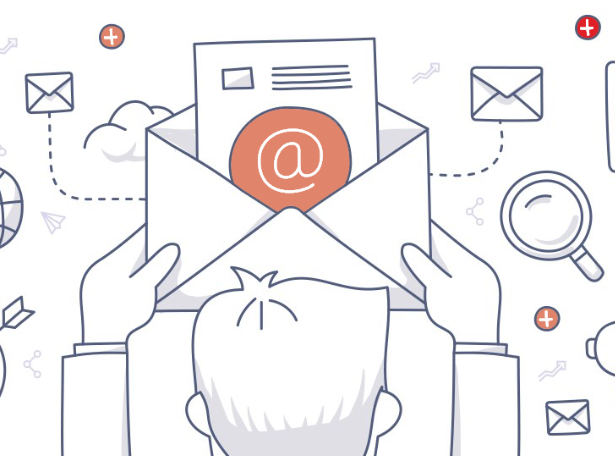Email remains a critical point of vulnerability for organizations worldwide. The significance of robust email security protocols cannot be overstated. Among these, Domain-based Message Authentication, Reporting, and Conformance (DMARC) has emerged to be a pivotal standard in the battle against email-based threats like phishing and email spoofing.
What is DMARC?
Domain-based Message Authentication, Reporting, and Conformance (DMARC) is an email validation system designed to protect email domains from unauthorized use, a practice commonly known as email spoofing. DMARC builds upon two key email authentication methods: Sender Policy Framework (SPF) and DomainKeys Identified Mail (DKIM). SPF validates emails by verifying sender IP addresses, while DKIM ensures the content integrity of the email through cryptographic authentication.
If you would like to learn more about DMARC and email security please review our whitepaper that aims to explain DMARC regulations, providing a thorough understanding of their role in today’s communication landscape.
Our goal it to provide our clients relevant and actionable consultation with
how to use technology serve clients & team members at the highest level
possible. We hope you find this guide to be informative, actionable and most of all Ridiculously Helpful.
If the Indianapolis based IT consultants at Leap Managed IT can assist your organization in anyway, please don’t hesitate to let us know.
LEAP Guide – DMARC Regulations
Leap Forward!



